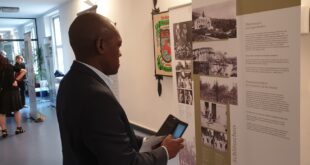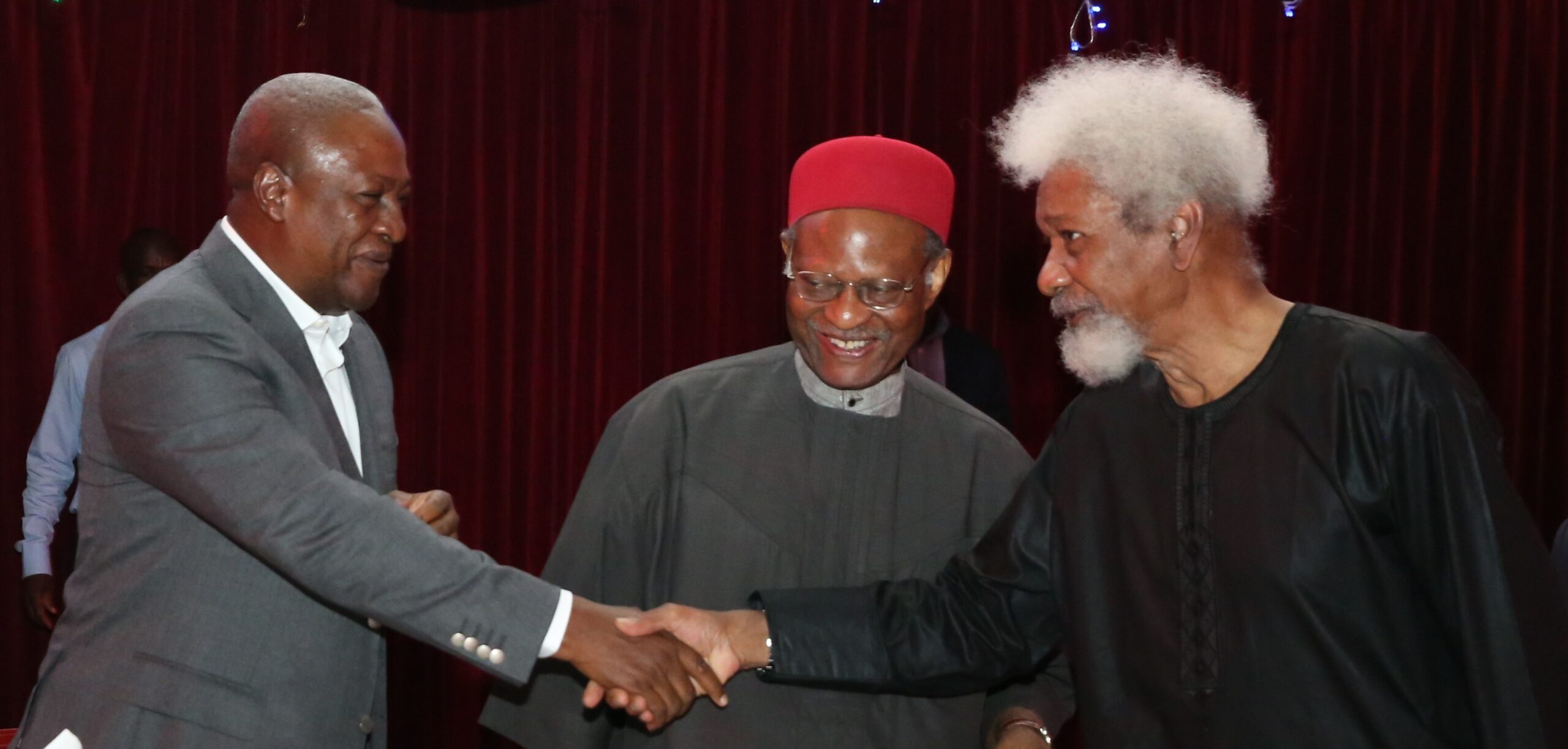Lost in Democracy is the title of a new book authored by the Germany-based Nigerian journalist and writer Frisky Larr. The book dwells on the failure of democracy in Africa to deliver its much-hoped-for dividends for its peoples.
The majority of African countries are governed democratically. Well, to put it more accurately, they’re governed to varying degrees by democratic norms. However, one thing is peculiar to all; the system has not delivered as expected.
Democracy has not yielded the dividends that all had hoped for during the struggle for the Western-inspired system in the early 1990s. Corruption seems to have even worsened while economic development has failed to keep pace with the expectations of the people. Moreover, abject poverty is still rife and instability plagues many countries on the continent.
Lost in Democracy squarely places the blame of these problems on the “foreign system of government” which it considers unsuitable for establishing the necessary conditions for sustainable political stability and economic development in Africa.
The author blames the inadequacies of the current system on its detachment from the history of Africa. He goes deep into the past to show how Africa used to be governed before the contact with the Europeans and the Arabs and to highlight values of time gone by which he considers needed today.
Frisky Larr calls for a political governance model that is based on African traditions and culture as an alternative to the Western democratic system.
And he challenges African intellectuals to work out a system of political management that is suited to the continent. This is a very big challenge.
Education in Africa is Eurocentric. Therefore, it’s traditional for the intellectual class to look towards the West for ideas on how to solve the problems of the continent. However, the West has little to offer in the task to construct an alternative political system that fits African polities.

The multiethnic and religious character of most African states is unique. We see how Europe has been struggling to make peace in the Balkans whose cultural diversity is a child’s play compared to many places in Africa.
For once, African intellectuals would have to gird their loins and do some original thinking, is the message of Frisky Larr. Can they do it? Like the author rightly points out, the continent lacks a vibrant public intellectual culture with most university dons considering their positions as jobs and not as a calling with a duty to chart the way forward for their people.
No wonder, as the author notes, that there has not been a discourse on the need for an “intellectually and scientifically-founded system of African indigenous political governance” in post-colonial Africa.
Frisky Larr suggests a new system of government that incorporates traditional leaders and the military, which, he argues, will have a better fidelity to the people. You don’t have to agree with him on if today’s royal fathers, as they’re called, are less prone to corruption but he has started a conversation that deserves to be conducted on a continent-wide scale.
Kudos to Frisky Larr for his original thoughts on an issue that is fundamental to the development of Africa. I whole-heatedly recommend the book.
Femi Awoniyi
Lost in Democracy by Frisky Larr
Published: November 2016
ISBN: 9781524665548
 THE AFRICAN COURIER. Reporting Africa and its Diaspora! The African Courier is an international magazine published in Germany to report on Africa and the Diaspora African experience. The first issue of the bimonthly magazine appeared on the newsstands on 15 February 1998. The African Courier is a communication forum for European-African political, economic and cultural exchanges, and a voice for Africa in Europe.
THE AFRICAN COURIER. Reporting Africa and its Diaspora! The African Courier is an international magazine published in Germany to report on Africa and the Diaspora African experience. The first issue of the bimonthly magazine appeared on the newsstands on 15 February 1998. The African Courier is a communication forum for European-African political, economic and cultural exchanges, and a voice for Africa in Europe.































